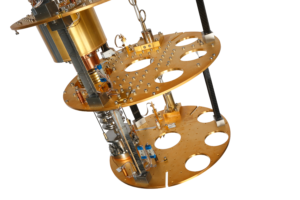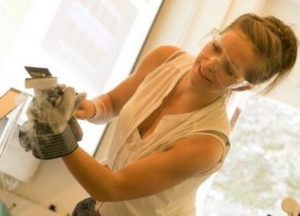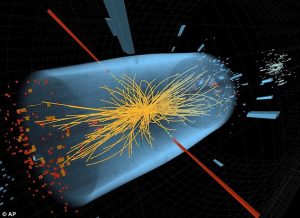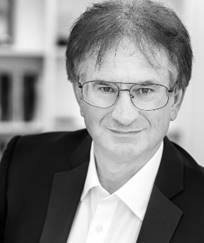Place and Time:
Online, Thursday 16 April 2020, 19:00 for 19:30
A minimally edited version of the livestream can be watched on YouTube.
TITLE: From Pig Insulin to Gene Therapy: 100 Years of Biopharma
 It’s almost 100 years since Canadian researchers administered the first dose of animal derived insulin to 14 year old Leonard Thompson in an attempt to treat his diabetes, and since then the production of medication using animals and isolated cell lines has not only become commonplace, but continues to provide ground-breaking and life saving treatments. Together we will explore how current biologics can treat a range of diseases including rheumatoid arthritis, breast cancer and Crohn’s disease, before turning our attention to emerging cell and gene therapies that offer the opportunity to cure Leukaemia, Parkinson’s Disease and many other lifelong conditions, with just a single dose.
It’s almost 100 years since Canadian researchers administered the first dose of animal derived insulin to 14 year old Leonard Thompson in an attempt to treat his diabetes, and since then the production of medication using animals and isolated cell lines has not only become commonplace, but continues to provide ground-breaking and life saving treatments. Together we will explore how current biologics can treat a range of diseases including rheumatoid arthritis, breast cancer and Crohn’s disease, before turning our attention to emerging cell and gene therapies that offer the opportunity to cure Leukaemia, Parkinson’s Disease and many other lifelong conditions, with just a single dose.
Speaker
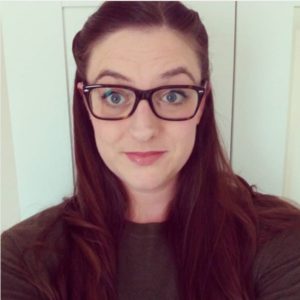 After reading Biochemistry BSc at the University of Sheffield, Danielle Fairbrass went on to post-graduate study, gaining her doctorate in Sheffield where she was studying Monoclonal Antibody production in CHO cell lines and its impact on cell metabolism. Danielle went on to conduct post-doctoral research at the Universite de Rennes 1, before moving back to the UK where she took up her current position as a scientist in the Cell Engineering Group at leading cell and gene therapy company, Oxford Biomedica, engineering producer cell lines generating LentiViral vectors for gene therapy applications.
After reading Biochemistry BSc at the University of Sheffield, Danielle Fairbrass went on to post-graduate study, gaining her doctorate in Sheffield where she was studying Monoclonal Antibody production in CHO cell lines and its impact on cell metabolism. Danielle went on to conduct post-doctoral research at the Universite de Rennes 1, before moving back to the UK where she took up her current position as a scientist in the Cell Engineering Group at leading cell and gene therapy company, Oxford Biomedica, engineering producer cell lines generating LentiViral vectors for gene therapy applications.

